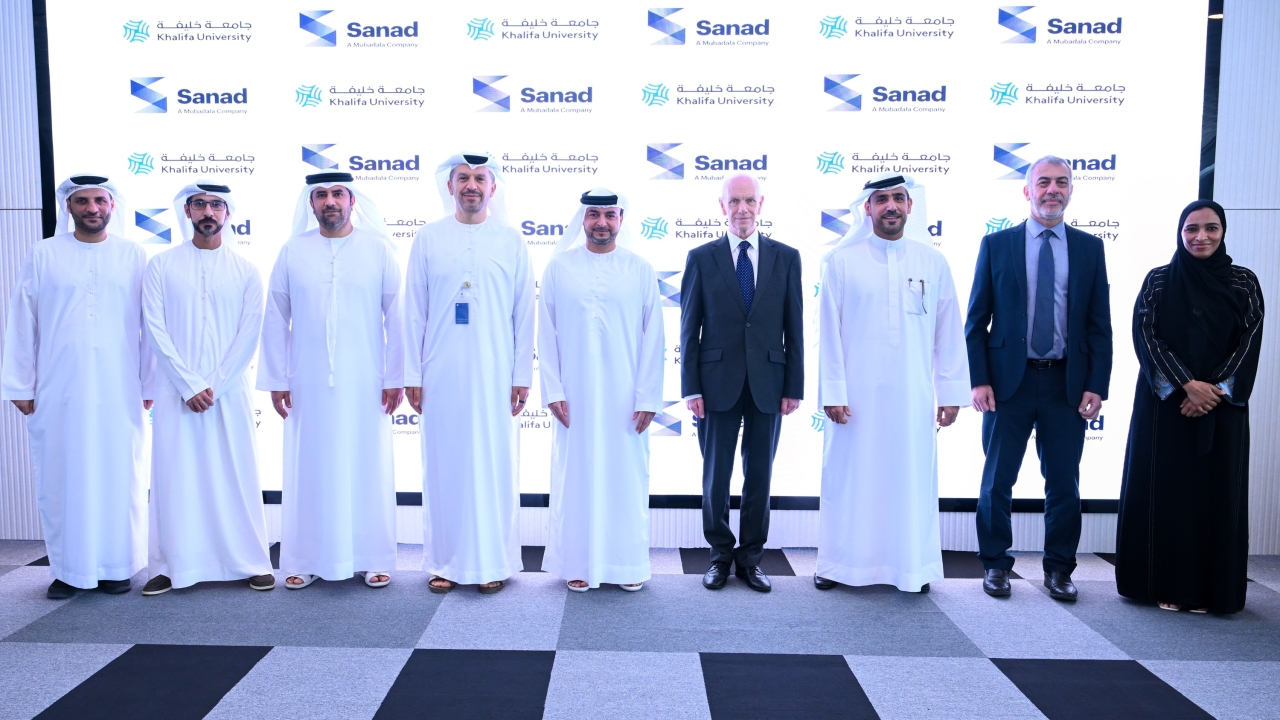Turkish Airlines' pilots to fly with HAVELSAN simulator

HAVELSAN - a software and systems provider based in Ankara, Turkey - will manufacture the first domestic simulator to be used in pilot training for Boeing 737NG aircraft operated by Turkish Airlines. This device will provide both low-cost and safe training for pilots and also will be the first civil (non-military) airplane simulator to be provided by HAVELSAN.
Combining its extensive past experience in design, manufacturing, integration and maintenance of military simulators with new technologies suitable for today's rapidly changing and growing commercial airline sector, HAVELSAN will produce a Full Flight Simulator with international EASA Level-D certification. This type of simulator will provide orientation, proficiency, and refresher training at lower cost than before, while delivering the near-reality experience that is essential to effective pilot training.
After a competition and lengthy evaluation against major leading global simulator manufacturers lasting nearly a year, HAVELSAN has been awarded a contract to provide one of four new simulator types currently being purchased by Turkish Airlines. Currently Turkish Airlines operates 10 full-flight simulators at its Flight Training Centre and with the addition of these new simulators including the one manufactured by HAVELSAN the capacity will be raised to 14 simulators by the end of 2016.
This project will result in several benefits to Turkish Airlines, its customers, and to HAVELSAN. First, by reducing costs without sacrificing training quality, Turkish Airlines will continue to improve its efficiency and competitive edge in the airline market. By reducing dependency on foreign suppliers, the airline will have greater control over uncertainties that affect operations. And not least, HAVELSAN will establish itself as a true world-class provider of training solutions to the airline industry.
Simulators are one of the most effective tools available today for enhancing the quality of pilot training. Typically pilots continue to receive training on simulators in the specific types of aircraft they will operate following their basic ground courses. They graduate to flying the real aircraft only after several hours of simulator training, which can be more or less depending on the airplane type and experience of the pilot.
In addition, airline pilots are commonly required to fly on simulators as often as every 6 months to refresh and test their skills. During these sessions, pilots experience emergency scenarios under the worst weather and environmental conditions. Simulators allow pilots to practice dangerous situations, such as engine failure upon take-off, which would be too risky to practice in a real aircraft. And the skills gained are measured in the hundreds of lives potentially saved in each of the rare occasions when a pilot actually has to put those special skills to use.
HAVELSAN intends to assume a leading role in the global market for civil aviation and airline pilot training and the company sees this Boeing 737NG full-flight simulator is an important first step towards a long-term and successful relationship with the commercial airline training market.
Stay up to date
Subscribe to the free Times Aerospace newsletter and receive the latest content every week. We'll never share your email address.

